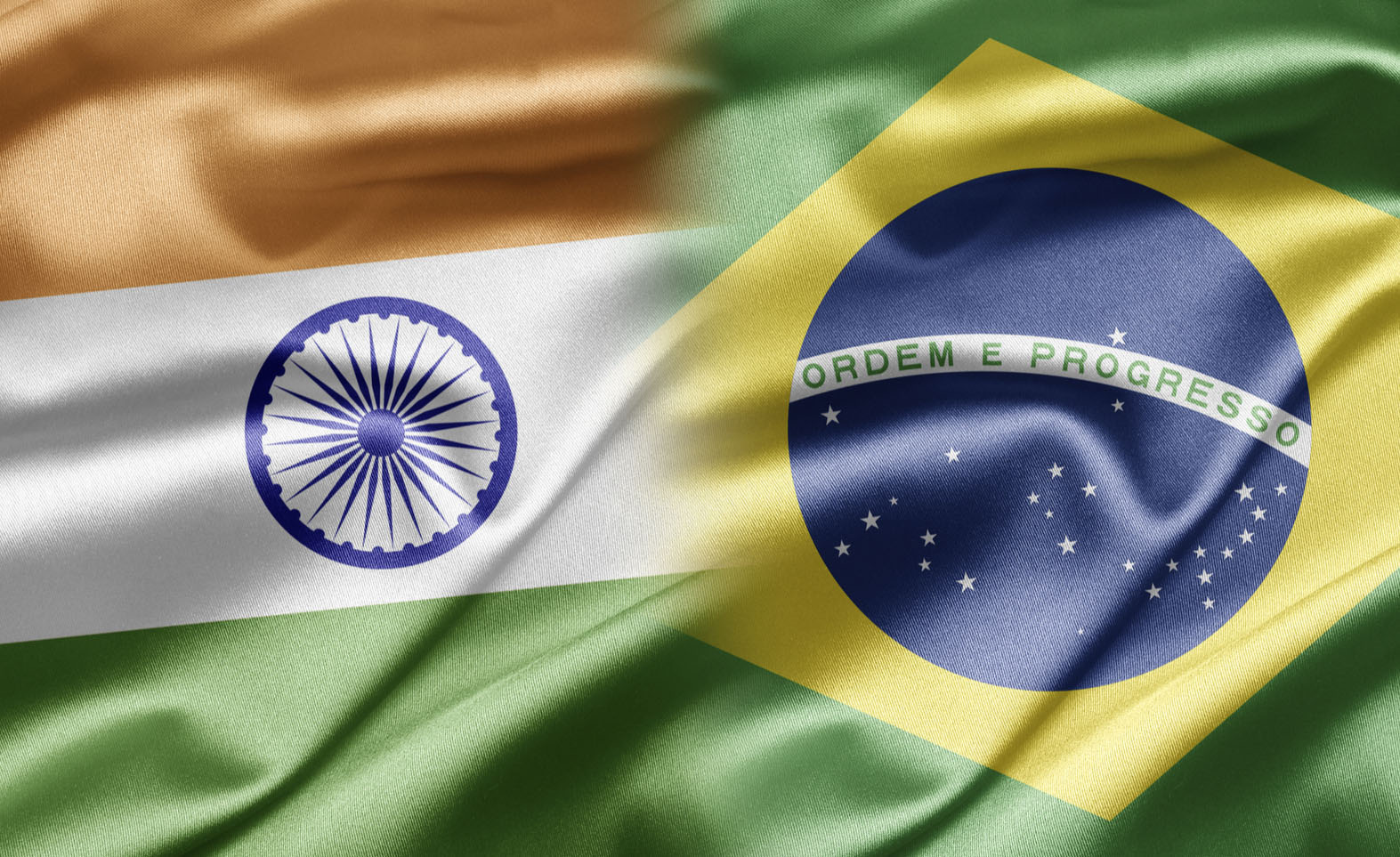
March 20, 2025
Correa do Lago, a former Brazilian ambassador noted that the US shows "reluctance regarding this subject," while "the Europeans now have priorities regarding defence," and "other countries are presenting other priorities"
The COP30 president remarked that while the Paris Agreement was negotiated with a sense of urgency, it was based on theoretical projections
The first priority is strengthening multilateralism, as President Lula da Silva believes a "rules-based approach" benefits developing countries
The need for the public, businesses, and voters to be clearly informed about the benefits of climate action is emphasized

The president of this year’s UN climate conference stated on Thursday that the Global South, particularly countries like India and Brazil, which possess strong institutions and scientific expertise while also having large vulnerable populations, is uniquely positioned to lead the fight against climate change, especially as developed countries have not effectively shown the way.
COP30 President André Correa do Lago, who is currently in India for bilateral meetings, told journalists at a press conference that Brazil aims to surpass the UN Framework Convention on Climate Change (UNFCCC) and the Paris Agreement to ensure the implementation of commitments made during UN climate conferences. He emphasized that many financial and governance institutions operate outside the UN system.
Correa do Lago, a former Brazilian ambassador to India, highlighted a shift in global climate leadership from the Global North to the Global South. He noted that the US shows “reluctance regarding this subject,” while “the Europeans now have priorities regarding defence,” and “other countries are presenting other priorities.”
He stated, “The Global South has an important role to play at this stage. The South has participated in this multilateral process of rule-making in a very constructive way. We followed the agreements and engaged in extensive debates but remained constructive. We accepted the Paris Agreement, among others. However, the North’s commitments related to financial support and accelerating emission reductions have not materialized as planned.”
Correa do Lago explained that the Global South now has a new opportunity, as countries like India and Brazil possess advanced scientific knowledge, strong institutions, and significant segments of the population that are very poor. He emphasized that the Global South must come forward with solutions to combat climate change, asserting that the North has not demonstrated the ability to lead effectively.
He also noted ongoing collaboration between Brazil and India in various international groups like BRICS and BASIC to advocate for a “South-to-South” agenda. When asked if India shares Brazil’s sense of urgency regarding climate action, he confirmed that India has robust scientific institutions and is “very much conscious and vocal about the threat of climate change.” He mentioned that India has offered to host COP33 and that both countries need to work together to present a strong and coherent position for the Global South.
Regarding Brazil’s efforts to encourage other countries to act on climate change, the COP30 president remarked that while the Paris Agreement was negotiated with a sense of urgency, it was based on theoretical projections. He pointed out that climate impacts are occurring much sooner than expected, even by the most pessimistic of scientists, with 2024 predicted to be the first year to exceed 1.5 degrees Celsius compared to pre-industrial levels.
“Paris is a success, but we are entering a new phase in which we need to act more quickly,” the veteran climate diplomat stated. He also addressed the challenge of implementing commitments made at UN climate conferences, indicating that this involves institutions beyond the UN. While the UN provides a monitoring mechanism, he pointed out that “there is no authority over other entities.”
Most financial institutions operate outside the UN system, and their involvement is crucial, he noted. Correa do Lago explained that Brazil’s new climate commitment (NDC) is not merely a climate plan but an “economic development plan that incorporates climate change” designed to attract investment from institutions like the World Bank and the IMF.
On Brazil’s priorities for COP30, he stated that the first priority is strengthening multilateralism, as President Lula da Silva believes a “rules-based approach” benefits developing countries. The second priority is improving communication surrounding climate negotiations, as there is a widespread perception that negotiations result in lengthy documents without tangible benefits.
He emphasized the need for the public, businesses, and voters to be clearly informed about the benefits of climate action. “We have seen that in some countries, voters are opposed to climate policies. In other countries, some businesses are beginning to reconsider the viability of these policies,” the COP30 president concluded.
Source: Rediff